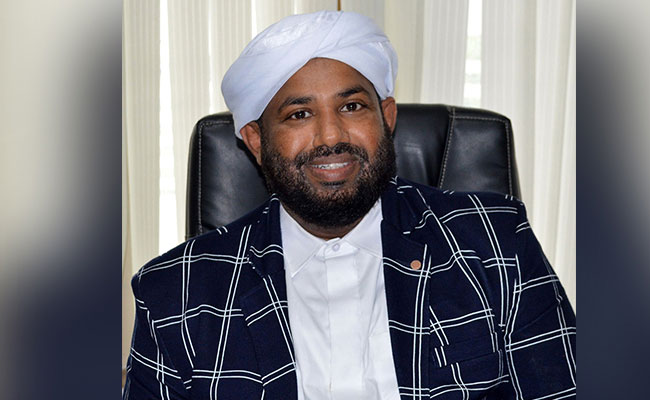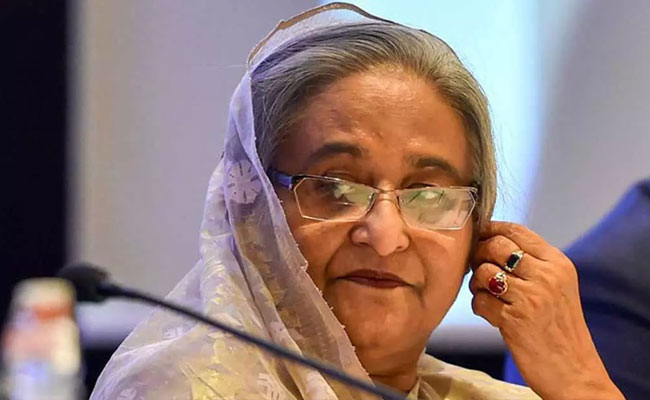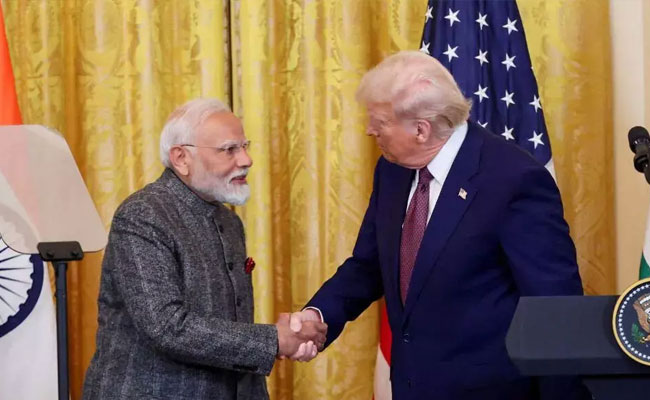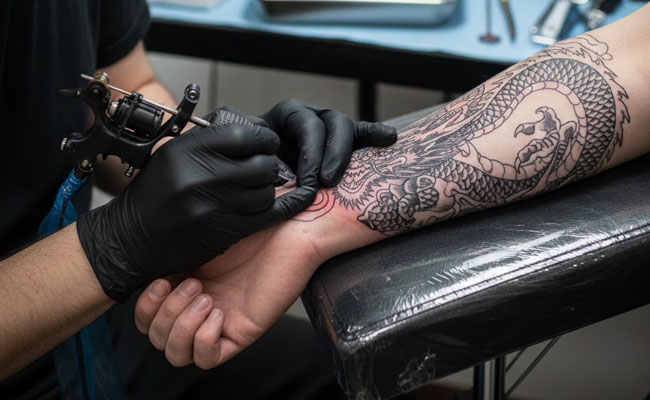Bengaluru: The State Government has revoked the nomination of four members, including State Wakf Board President Maulana N.K. Muhammed Shafi Saadi, with immediate effect.
Besides Shafi Saadi, the nomination of other Wakf board members Mir Azhar Hussain, G Yaqoob and IAS officer Zehera Naseem has been canceled.
Let the Truth be known. If you read VB and like VB, please be a VB Supporter and Help us deliver the Truth to one and all.
Dhaka (PTI): A Bangladesh court on Monday sentenced deposed Prime Minister Sheikh Hasina to 10 years in jail in two separate corruption cases related to alleged irregularities in allocations of land in a government housing project.
Dhaka Special Judge’s Court-4 Judge Rabiul Alam handed down the verdicts, sentencing Hasina to a total of 10 years’ imprisonment — five years in each case, state-run BSS news agency reported.
The court sentenced 78-year-old Hasina, her nephew Radwan Mujib Siddiq, and her nieces, Tulip Rizwana Siddiq and Azmina Siddiq, and others in the cases over alleged irregularities in the allocation of plots under the Rajuk New Town Project in Purbachol.
The judgment was pronounced at around 12.30 pm.
Tulip Siddiq was sentenced to four years’ imprisonment — two years in each case — while Radwan Mujib Siddiq and Azmina Siddiq were each sentenced to seven years’ imprisonment in both cases.
Rajuk member Mohammad Khurshid Alam, the only accused to surrender before the court, was sentenced to one year’s imprisonment in each case, totalling two years.
The court also fined all convicted persons Tk1 lakh each and ordered them to serve an additional six months in prison in default of payment.
Hasina has been living in India since she fled Bangladesh on August 5 last year in the face of the massive protests. She was earlier declared a fugitive by the court.
The cases were filed by the Anti-Corruption Commission (ACC) over alleged abuse of power in the allocation of two 10-katha plots.
According to the prosecution, the accused manipulated the allocation process and violated existing rules and regulations of the Rajdhani Unnayan Kartripakkha (Rajuk).





